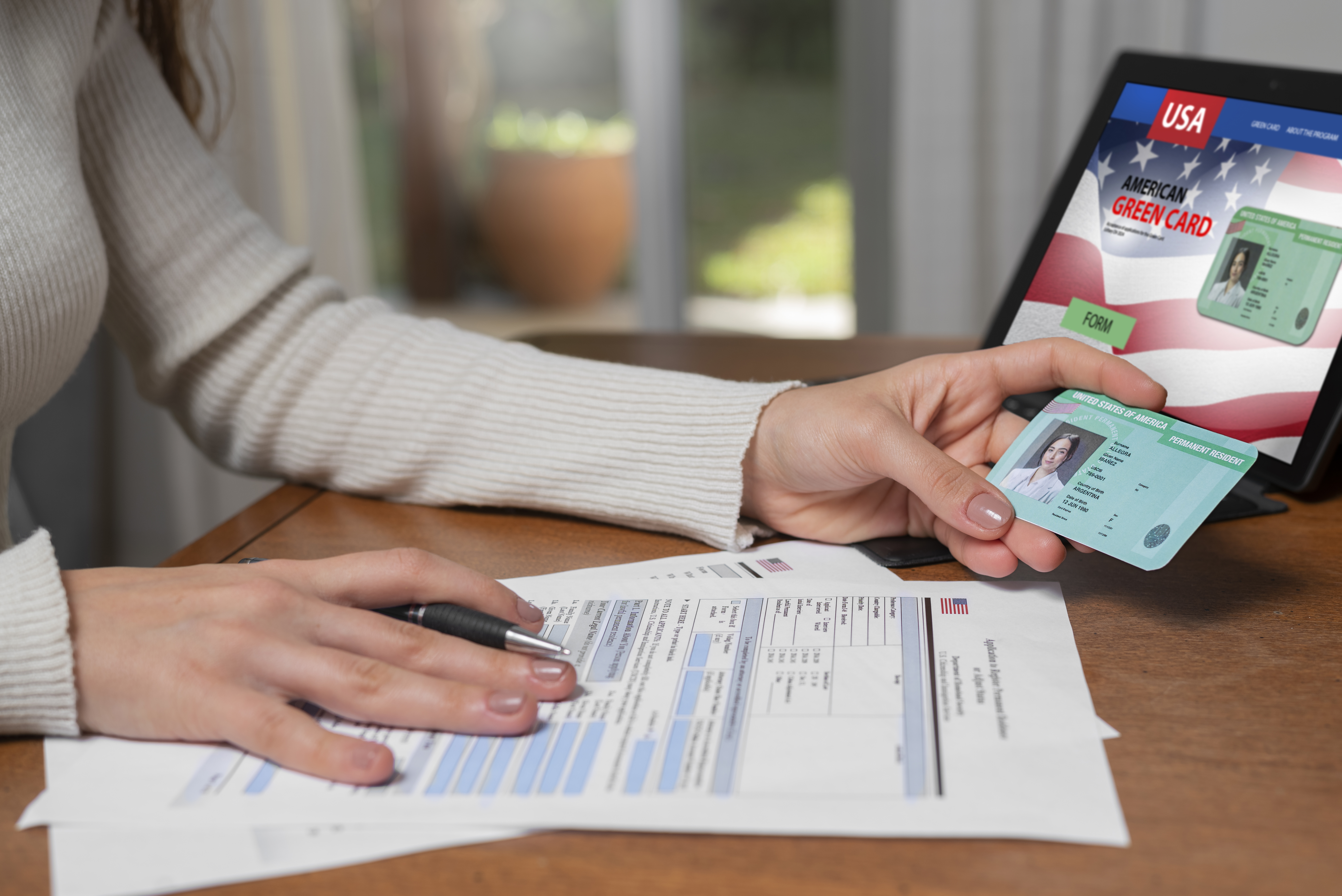
Tourist Visa
The visa processing process involves several key steps, each of which must be completed accurately and in sequence to ensure a successful application. Below is an outline of the typical steps involved in visa processing:
1. Determine the Visa Type
- Identify the appropriate visa type based on the purpose of your travel (e.g., tourist, student, work, business).
- Review the specific requirements for the chosen visa type.
2. Gather Required Documents
- Collect all necessary documents, which may include:
- A valid passport (with at least six months of validity remaining).
- Passport-sized photographs.
- Completed visa application form.
- Proof of financial stability (e.g., bank statements, sponsorship letters).
- Travel itinerary (e.g., flight bookings, hotel reservations).
- Additional documents as required by the specific visa type (e.g., employment contracts, letters of invitation, proof of enrollment in an educational institution).
3. Complete the Visa Application Form
- Fill out the visa application form accurately and completely.
- Forms can often be completed online or on paper, depending on the country’s process.
- Double-check all information for accuracy to avoid delays.
4. Pay the Visa Application Fee
- Pay the required visa application fee.
- Payment methods vary by country and may include online payments, bank transfers, or cash at the embassy or consulate.
5. Submit the Application
- Submit the completed visa application along with all required documents to the appropriate embassy, consulate, or visa processing center.
- Some countries allow online submission, while others require in-person submission.
6. Schedule and Attend an Interview (if required)
- Some visa types require an interview at the embassy or consulate.
- Schedule the interview appointment and prepare to answer questions about your travel purpose, background, and plans.
- Bring all original documents to the interview.
7. Provide Biometric Data (if required)
- Some visas require biometric data, such as fingerprints and a digital photograph.
- This may be done during the interview or at a separate appointment.
8. Medical Examination (if required)
- For certain visa types, a medical examination may be necessary.
- Attend the examination at an approved medical facility and submit the results as part of your application.
9. Wait for Processing
- After submission, the application undergoes processing, which includes background checks and verification of documents.
- Processing times vary depending on the type of visa, the country, and the time of year.
10. Receive Decision
- Once processing is complete, you will receive a decision on your visa application.
- If approved, the visa will be stamped or affixed to your passport.
11. Collect Your Passport
- Collect your passport from the embassy, consulate, or visa processing center.
- Some services offer the option to have your passport mailed to you.
12. Prepare for Travel
- Review the visa details for accuracy (e.g., validity dates, number of entries).
- Make any necessary travel arrangements and ensure you comply with any entry requirements of the destination country.
13. Immigration at the Port of Entry
- Present your visa and passport to immigration officers upon arrival at the destination country.
- Be prepared to answer any questions and provide additional documentation if required.
These steps are a general guideline, and the specific process may vary depending on the country and visa type. Working with a visa processing company like OishiGlobal can help ensure that each step is completed correctly and efficiently, reducing the risk of errors and delays.
.png)